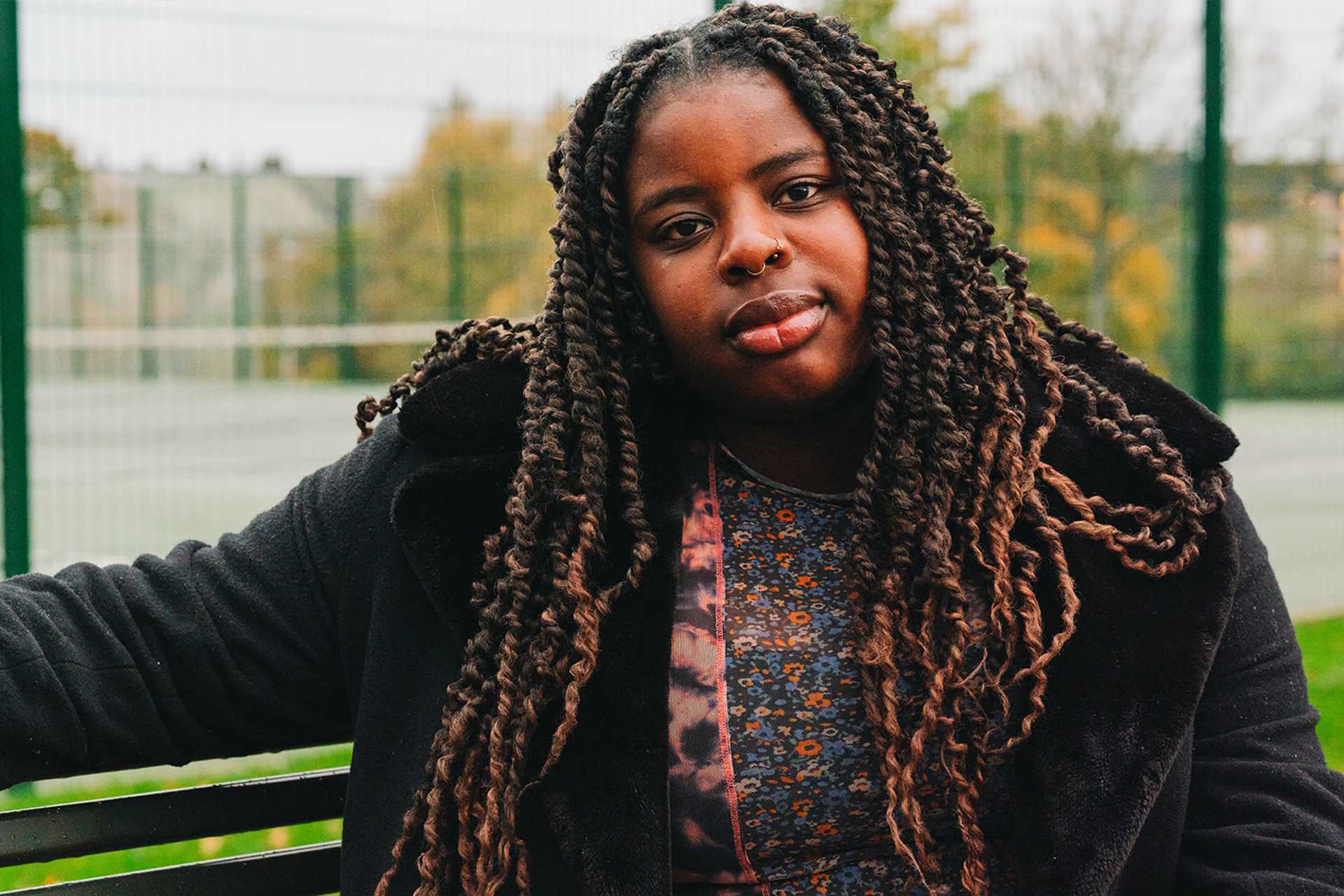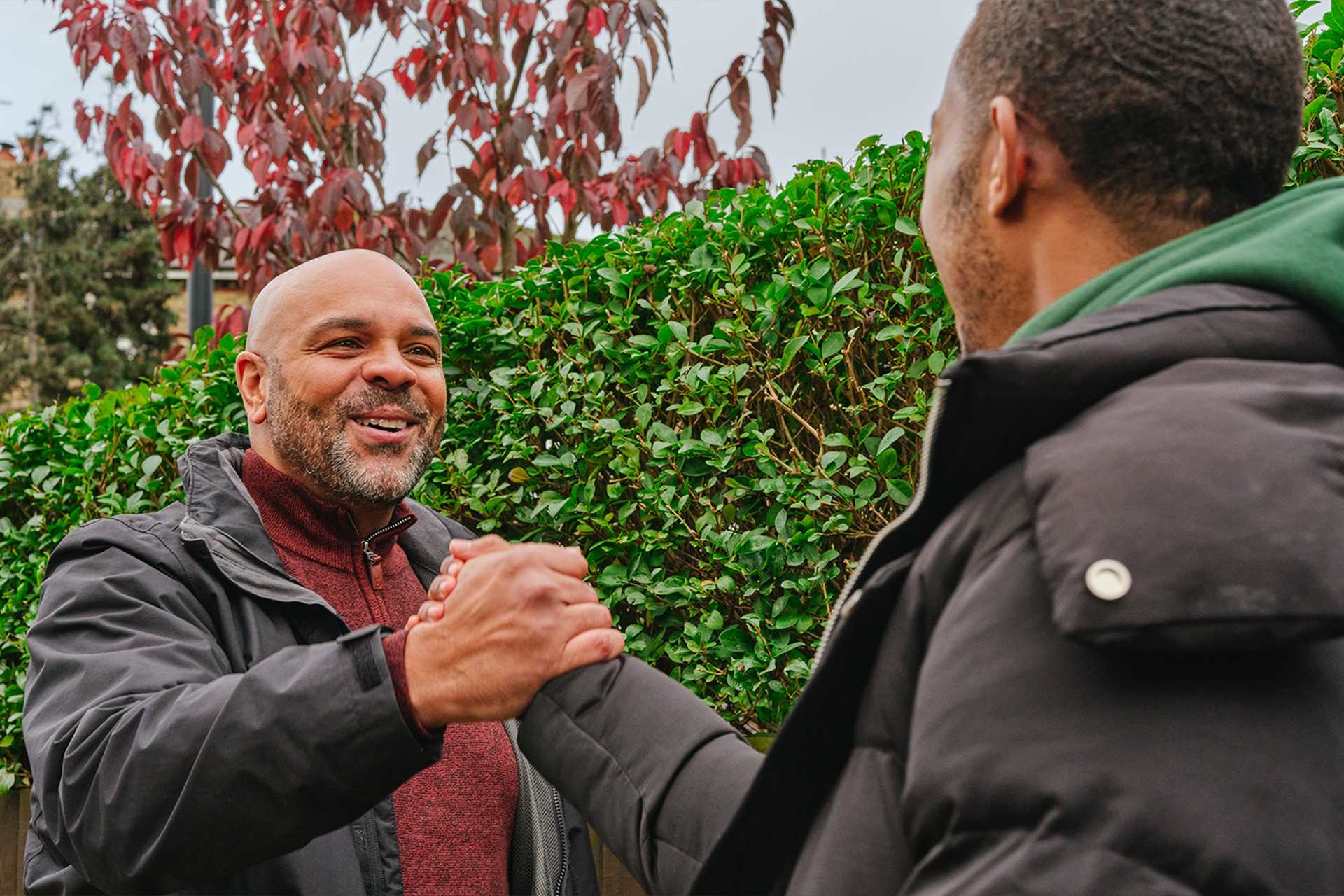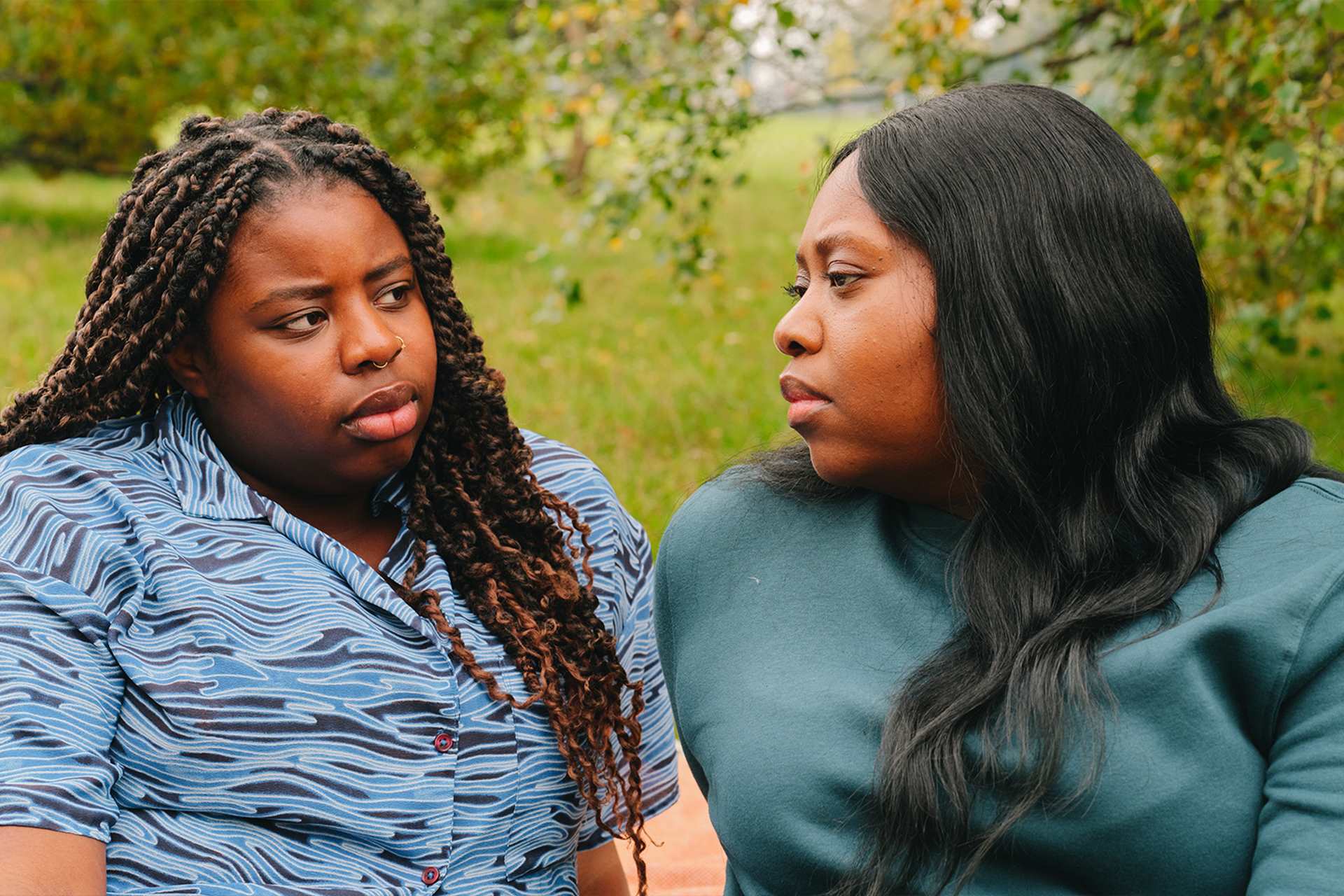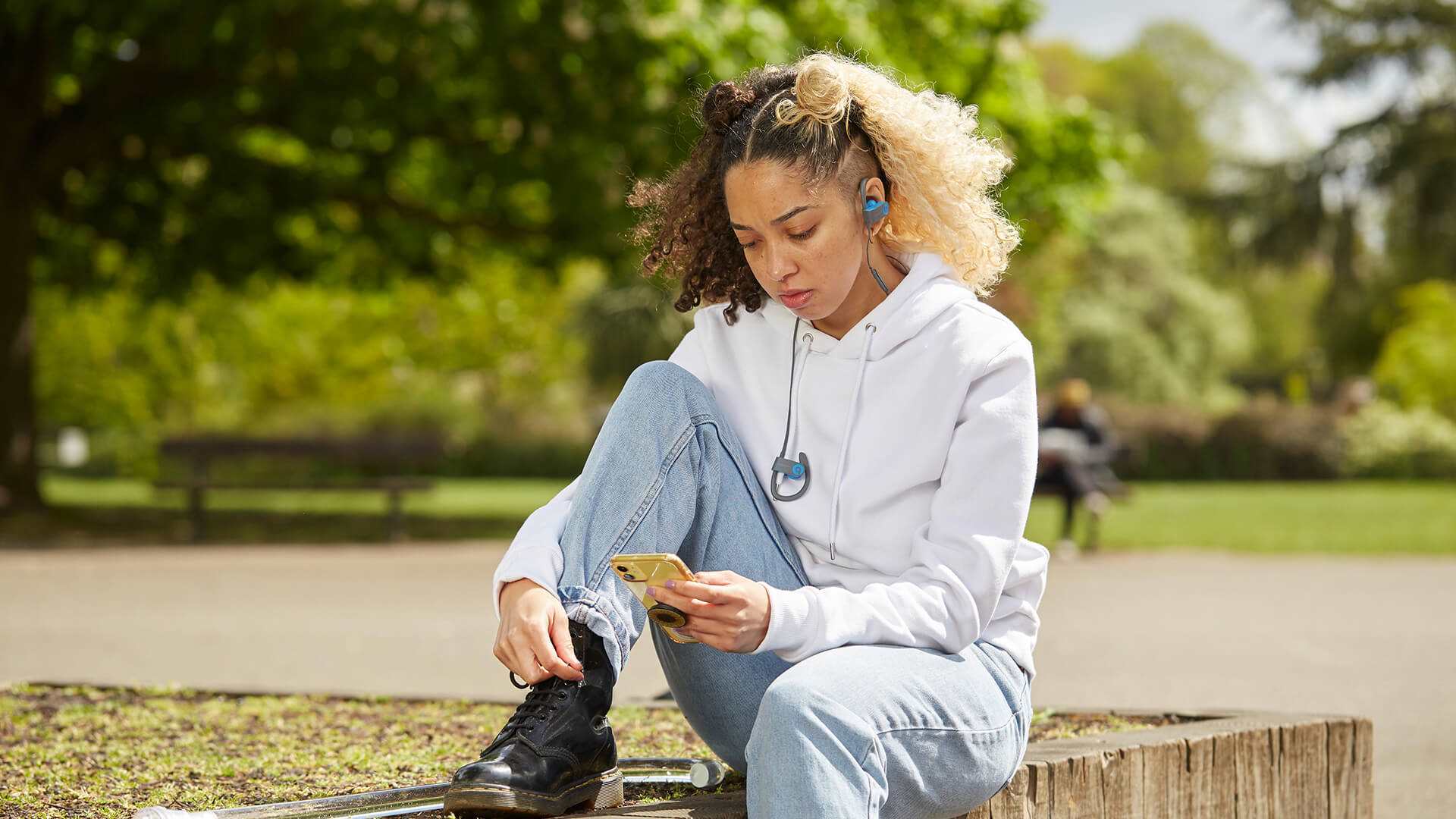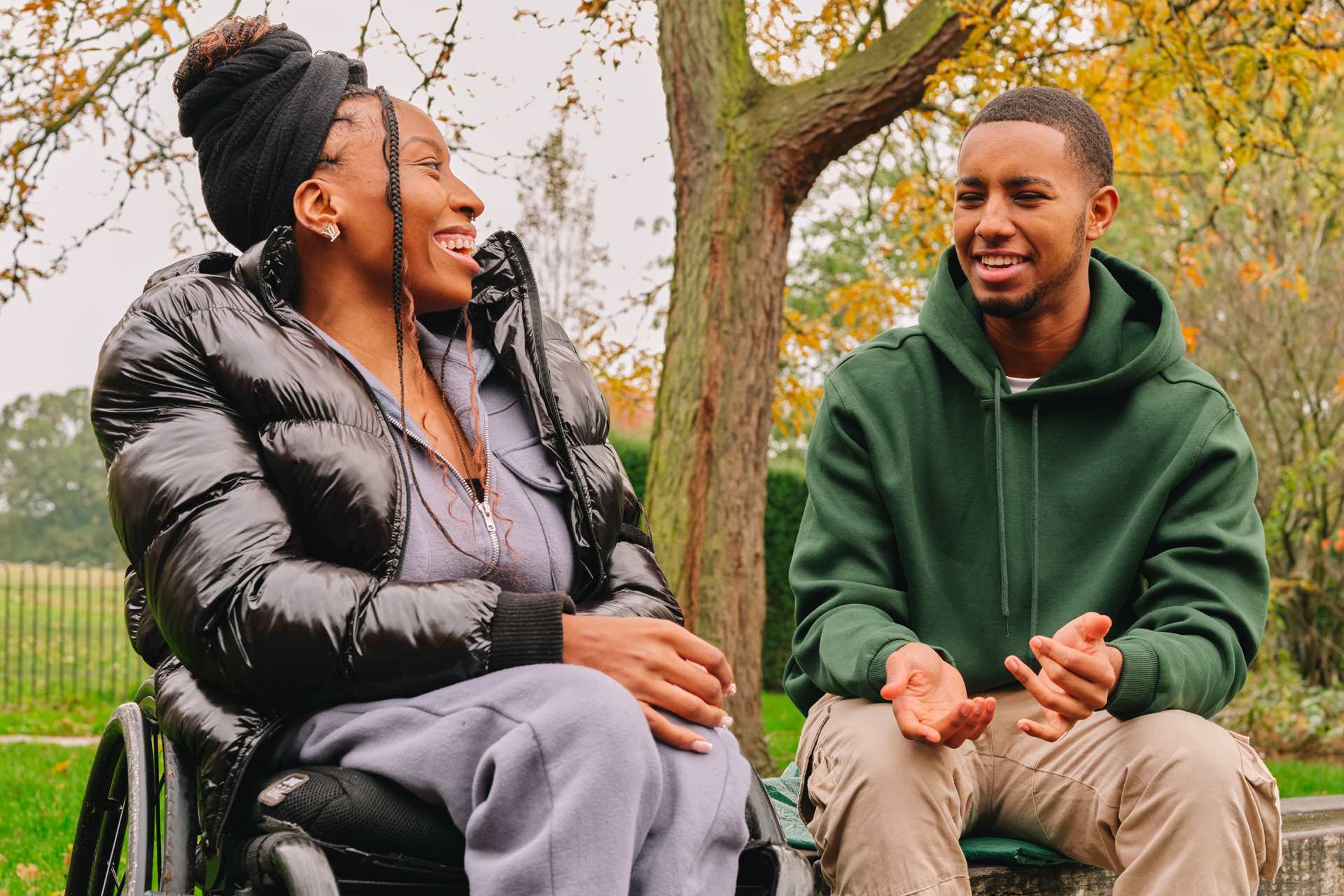Pregnancy
If you become pregnant while you are on clozapine, you should carry on taking it and make an appointment to see your doctor as soon as possible They can discuss the benefits and risks of continuing clozapine and help you to make a decision that is best for you and your baby. They may refer you to a specialist perinatal mental health team to support you with this decision.
If you are planning to get pregnant, it is recommended that you take folic acid while you are trying for a baby and during pregnancy. It is safe to take this together with clozapine.
Hormonal contraceptives may increase clozapine levels, so always discuss stopping these with your doctor so they can review your clozapine and adjust the dose if needed.
You can find out more information about taking clozapine during pregnancy at Bumps (Best Use of Medicines in Pregnancy).
Clozapine may slightly increase your chance of putting on extra weight and gestational (pregnancy-linked) diabetes during your pregnancy. Make sure your midwife is aware you are taking clozapine so they can advise on extra monitoring when appropriate.
During pregnancy it is standard practice for your midwife to assess your risk of blood clots. There are lots of things that can increase risk, and blood clots are also reported as a rare side effect of clozapine. If you have a higher risk of a blood clot, your doctor or midwife may advise the use of medicine to reduce this.
Remaining well is particularly important during pregnancy and while caring for a baby. If you have responded well to clozapine, continuing with this medicine in pregnancy may be the best option for you and your baby.
Post-natal
There are some symptoms that can occur in new born babies if clozapine is taken in the last three months of pregnancy. Look out for these and get help if they happen:
- jerking or twitching of the muscles or a tremor
- being jittery, irritable or constant crying
- being too hot or cold
- suckling/feeding difficulties
- having stiff or floppy muscles, or overactive reflexes
- being very sleepy or finding it difficult to sleep
- breathing problems
These are usually mild and go away in a few days without treatment.
Breastfeeding
Clozapine is passed to the baby through breast milk in small amounts and there is a risk that this might cause side effects in your baby. Your doctor or pharmacist can discuss the risks and benefits with you and consider other feeding options if appropriate.
If your baby was premature or has health problems, then you will need to be extra careful about taking medicines while breastfeeding. It may not always be best to breastfeed if this is the case, but you should discuss this with your doctor or midwife.
If your medication makes you sleepy, do not to sleep with your baby in the same bed, and be cautious when handling your baby (especially if waking during the night for feeds).
Talk to your doctor or midwife about your feeding options. Make sure that your doctor, nurse, or health visitor checks your baby for any side effects.
While other medicines might be preferred during breastfeeding, if you are taking clozapine this is probably because other medicines have not worked well for you, so switching to an alternative might not be right for you. It is important for you to remain well while you are bonding with and looking after your baby, so it may be best to take clozapine for your mental health when breastfeeding.


